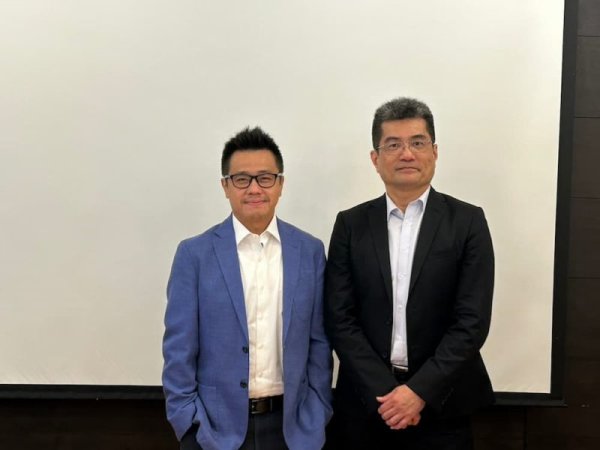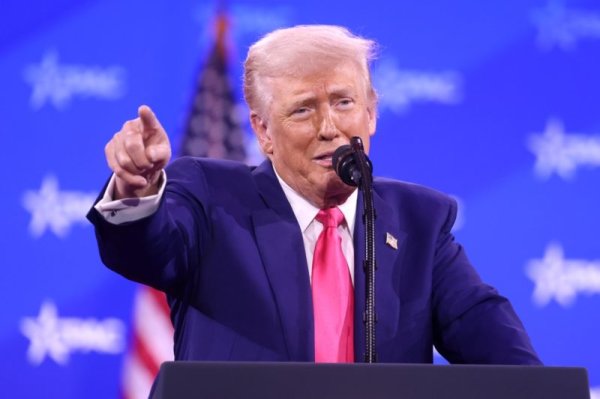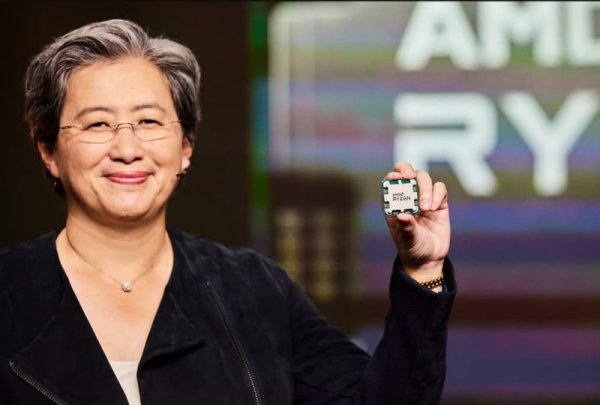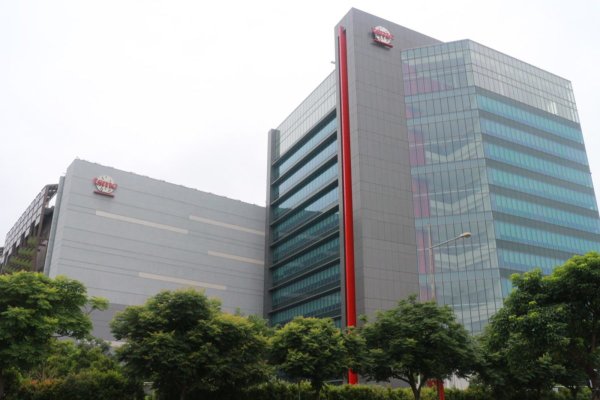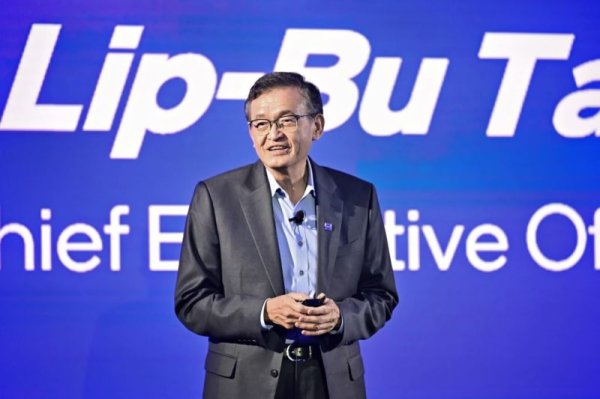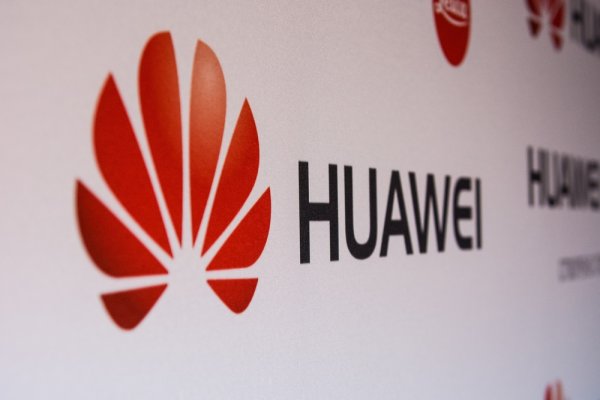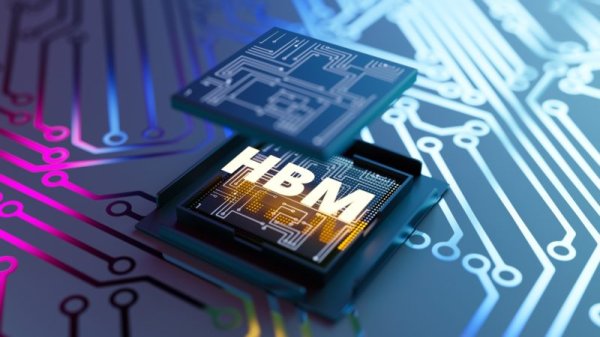Support stock exchange, 15% to close: Trump s "businessman thinking" governs the country, hinders the semiconductor order
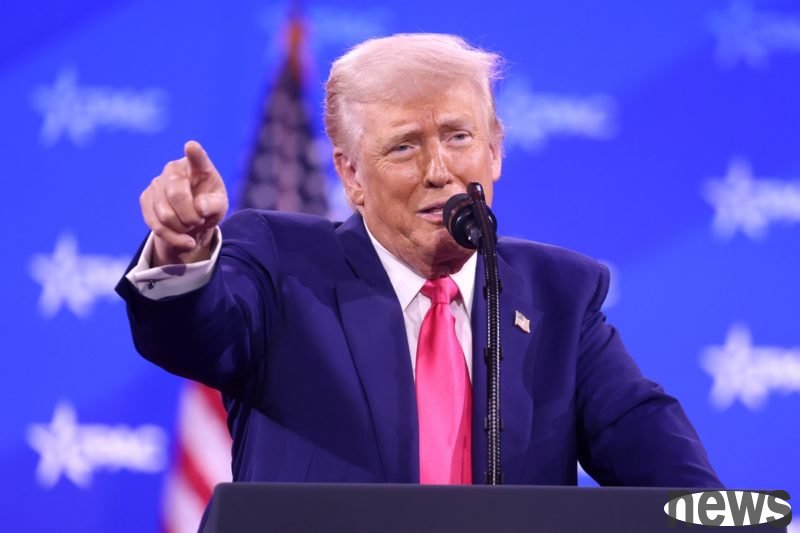
After re-establishing its stake in Intel, the Trump administration has made another move recently. According to Reuters, U.S. Commerce Secretary Howard Lutnick is considering converting the chip bill into equity, thereby gaining stakes from semiconductor manufacturers in the U.S. construction factory and investing in new uncertainties in the global market.
Trump shouted "Let the United States become bigger again" (MAGA) during the election period, emphasizing the return of manufacturing industries and local production, and forcing companies to return their production lines to the United States through tax restrictions. Judging from the current results, this strategy has brought about a practical impact. For example, Apple announced that it will invest $100 billion in the US dollar in the U.S., with a cumulative investment scale to reach $600 billion in the next four years, while deepening its cooperation with Grofangde and strengthening the US semiconductor supply chain.
NVIDIA also plans to invest 100 billion US dollars in the next four years to manufacture chips and electronic products in the United States, and to develop hands-on factories with partners such as Telco and Dunghai. Intel has received US$2 billion in capital from Japan's Silver Group, and the other party has purchased Intel's common stock at US$23 per share, strengthening its commitment to US semiconductor innovation.
It is worth noting that most of these investments are not directly funded by the US government, but are guided by private funds through the Trump administration's tax policy. In contrast, the Biden administration relied on the Chip Act to provide large-scale subsidies, increasing the $39 billion subsidies for semiconductor industry players to go to the US factory, which is also difficult for the Trump administration to criticize the Biden administration for "giving money for free."
In order to make government spending more reproducible subsidies, the Trump administration is now considering converting the chip bill into shares to "effectively utilize the money spent on nothing." In other words, the Chinese government may use the method of "supporting stock exchanges" to strengthen its involvement in the semiconductor industry. In the future, it is not ruled out that it proposes tough measures to force its holdings of shares in companies such as Taiwan Electric Power, the United States, and Samsung.
As for China's policy, the Trump administration initially extended Biden's export restrictions on AI chips, and recently it has turned to a new agreement with NVIDIA and AMD, requiring manufacturers to collect 15% of the operations from China to the US government as a condition to restore export permissions. However, this "chip acquisition and sharing" arrangement may face legal challenges.
Deborah Elms, head of trade policy at Hinrich Foundation in Singapore, believes that when the ceiling does not exist, various combinations can be thought of for specific companies and countries. Stephen Olson, a former U.S. trade judge and current Yusof Ishak Institute (ISEA) researcher, believes that this practice is rarely seen seriously underestimating the situation. "We actually see that the U.S. trade policy is currencyed, and American companies must pay the government to have export permission. If this is the case, it means we have entered a new and dangerous world."
Recalling Trump's policy, we can find that he is indeed promising to "revitalize American manufacturing", but at the same time, various new policies that have emerged from whims also show that he has fully introduced businessmen's thinking into politics, currency US trade policies, and behind each new policy is "first in US interests" and is willing to hinder the global trade system.
However, the real problem at the moment is: who can limit Trump's overall power to further expand? Do these policies have a complete legal basis? Under the condition of unlimited expansion of rights, what may be sacrificed is the institutional constraints and national credibility that the United States has long relied on to maintain.
Extended reading: Replenish the shareholding? In addition to Intel, the U.S. Commerce Department also considers investing in chip industry such as Taiwan Electric. B300 Cut version? NVIDIA is creating stronger AI chips for China, with performance exceeding H20

